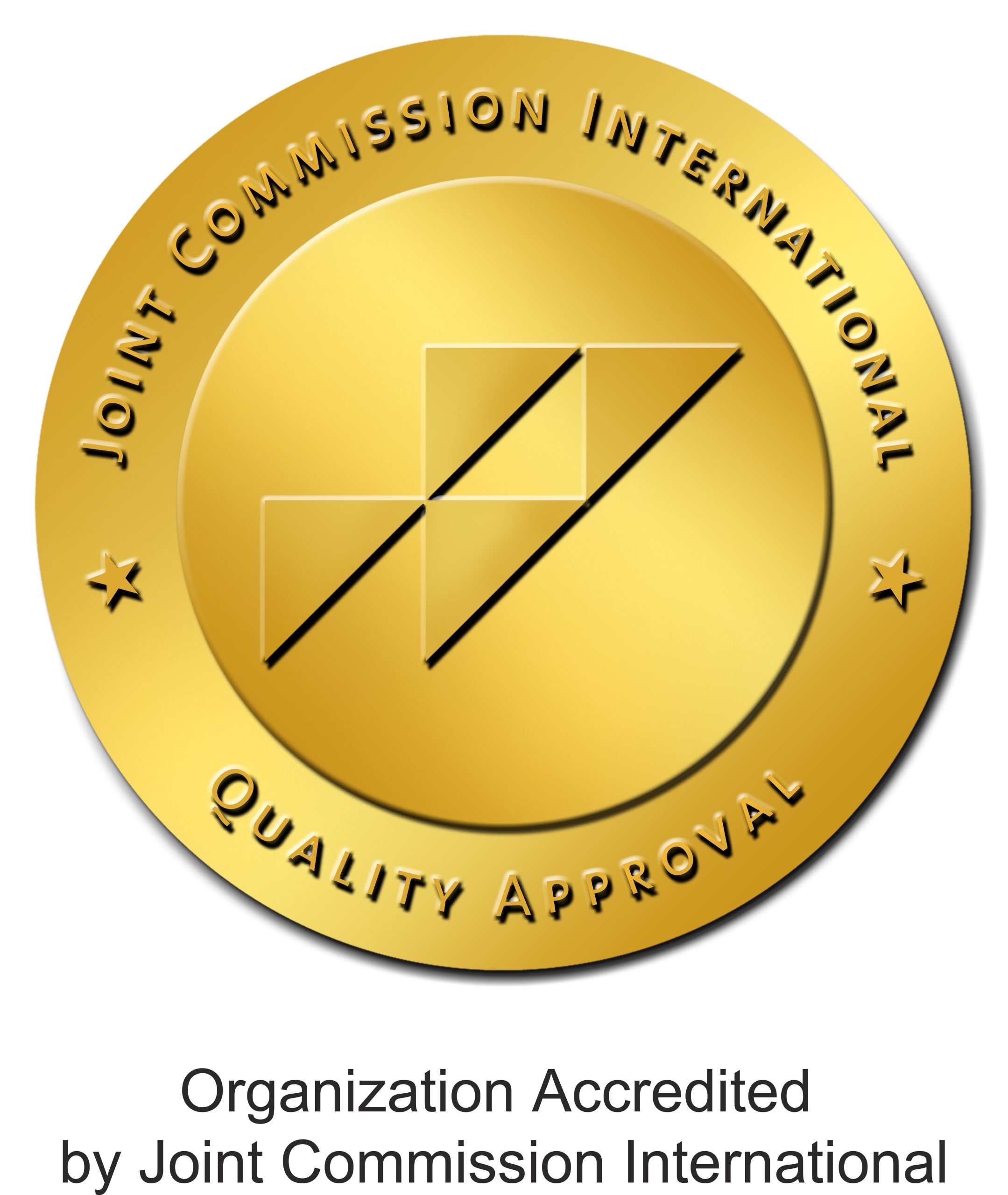Traumatic brain injury(TBI), also called acquired brain injury or simply head injury, occurs when a sudden trauma causes damage to the brain. TBI can result when the head suddenly and violently hits an object, or when an object pierces the skull and enters brain tissue. Symptoms of a TBI can be mild, moderate, or severe, depending on the extent of the damage to the brain. A person with a mild TBI may remain conscious or may experience a loss of consciousness for a few seconds or minutes. Other symptoms of mild TBI include headache, confusion, lightheadedness, dizziness, blurred vision or tired eyes, ringing in the ears, bad taste in the mouth, fatigue or lethargy, a change in sleep patterns, behavioral or mood changes, and trouble with memory, concentration, attention, or thinking. A person with a moderate or severe TBI may show these same symptoms, but may also have a headache that gets worse or does not go away, repeated vomiting or nausea, convulsions or seizures, an inability to awaken from sleep, dilation of one or both pupils of the eyes, slurred speech, weakness or numbness in the extremities, loss of coordination, and increased confusion, restlessness, or agitation.
- About Us
- Services▼
- For Individuals
- Neurology
- Pharmacy
- Psychiatry
- Psychology
- Rehabilitation
- Specialized Treatment Programs
- Telehealth
- For Corporates
- Employees Assistance Program (EAP)
- Smoking Cessation Program
- Stress Debriefing & Critical Incident Stress Management
- Training & Awareness Programs
- For Health Professionals
- Continuous Medical Education
- Patient Referral
- Our Clinics▼
- Our Clinicians
- Insurance
- Contact Us▼
 English
English


